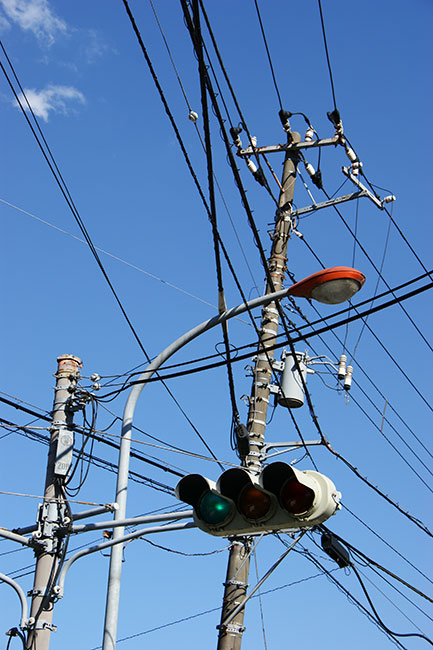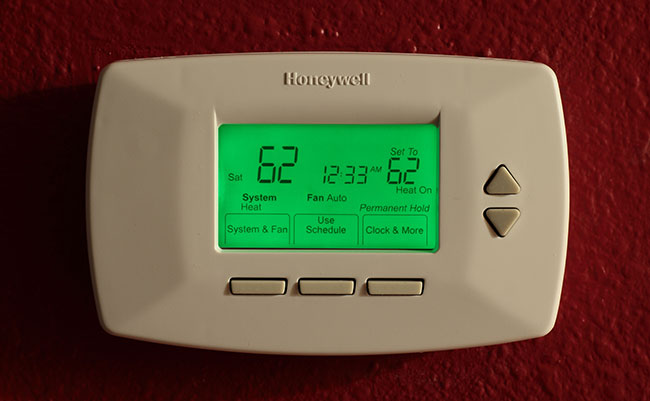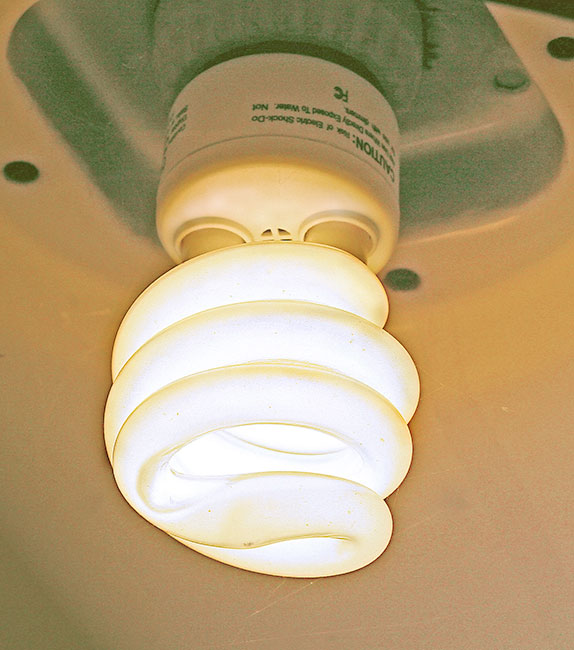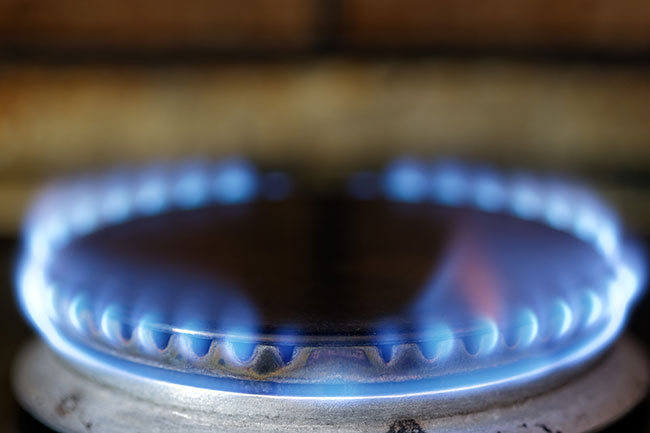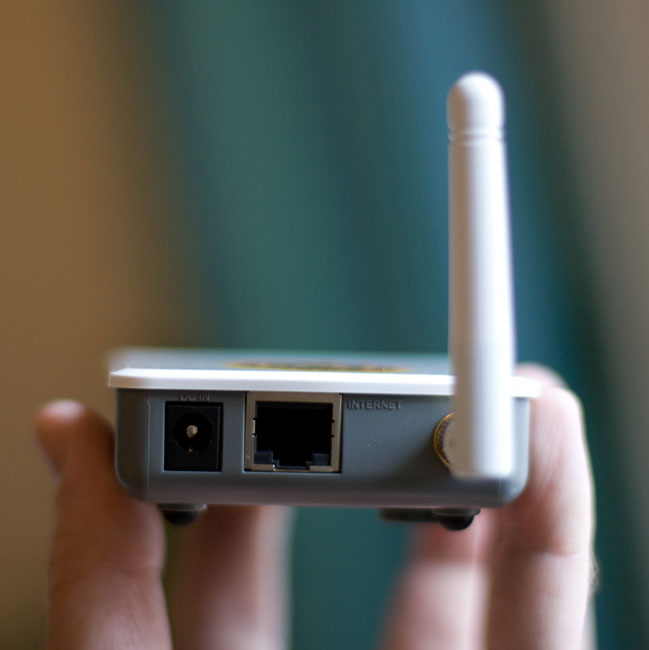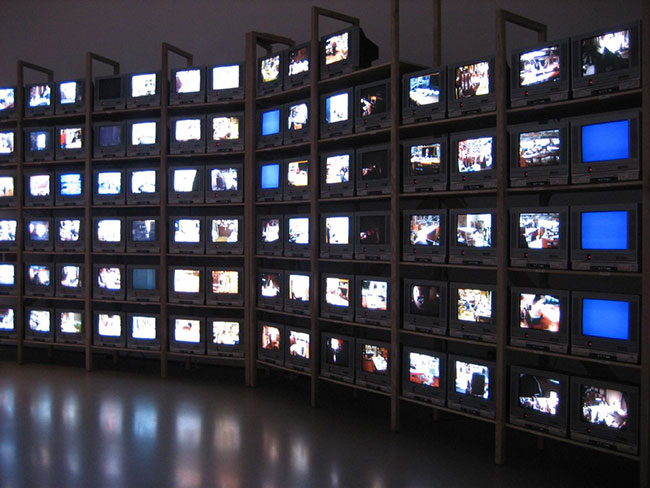Author: TYLER WOOD Published: 01/21/20 moveBuddha
Generally, around $200/month should cover you, but things get a bit more complicated when you break the costs down.
A Quick Breakdown
So, where exactly does this $200 go? Here’s a quick breakdown of your average utility fees.
Average Electricity Bill: $65.33 – $88.10
Average Gas Bill: $80/month (varies from month-to-month)
Average Water Bill: $17.04 – $68.14 per month
Average Sewer Bill: $14.04 – $135.57 per month
Average Trash Bill: $12 – $20/month
Average Internet Bill: $56.60/month
Average Cable Bill $0 – $100 (depending on plan)
Average Condo Bill $50 – $1,000 per month
Average Phone Bill: $15 – $30/month
Can you afford the utilities?
Say you’re in the market for a new place to live.
You’ve found the perfect neighborhood.
Gone on way too many walk-throughs but finally found the perfect place.
And double-checked the rent/mortgage fits within your budget.
You’re good to go, right?
Quick question: Can you afford the utilities?
The quick breakdown above gives you an idea of what each of the utilities will cost. However, the range can sometimes be huge. Let’s get into the nitty-gritty.
Start with $200 per Month
Whether you’re renting or buying a home the cost of utilities is very important to consider.
Experts recommend you set aside $200 each month to cover the bare necessities.
But there are a ton of variables that could make your total monthly utility cost way higher or lower.
Electric alone costs people $1,475 each year on average according to estimates from theU.S. Energy Information Administration and the Bureau of Labor Statistics.
Yeah, that’s a lot of money.
If you’re thinking about moving and want to estimate your utility costs, it’s important you consider the many factors that dictate your final costs.
Luckily, we’re going to break it all down in this post.
Ask For Prior Utility Bills
The average cost of $200 a month is only just an average. One of the simplest ways of getting an idea of what the utility bills of a specific house or apartment will be is to ask for prior utility bills.
In most cases, landlords and real estate agents can get these for you.
Requesting a copy of previous bills will also tell you which utilities were paid by the landlord. Sometimes landlords include utilities as part of the rent but you can only know this if you ask.
Even though prior electric, water and gas bills will probably vary based on usage, you’ll know with near 100 percent certainty what the trash/recycling and condo fees will cost.
Electricity – The Cost of Powering Your Home
Average Electricity Bill: $65.33 – $88.10
Almost every appliance in your home is going to be using electricity at some point in time, which is why it’s important to know exactly how you’re being charged for your power consumption.
Your electricity consumption is going to be measured inkilowatt hours (kwh), which is essentially a measure of how much power a device uses over time.
Currently, the average energy cost in the US is $0.133/kwh, which is higher than the previous year but prices are projected to fall within the coming months.
Since everyone uses different appliances at different rates, it can be pretty hard to estimate average energy usage, but here are a few constants…
Calculating Power Usage
Determining exactly how much electricity you’re using can be tricky, but there are a few constants you can rely on to give you a baseline.
Here’s the average cost of using some necessary household devices based on data fromDuke Energy:
| Appliance | Energy Usage | Cost |
|---|---|---|
| Ceiling Fan | 0.075 kwh/hr | $0.01/hr |
| Energy Star Refrigerator | 43.0 kwh/month | $5.72/month |
| Dishwasher | 1.0 – 2.17 kwh/load | $0.13 – $0.29/load |
| Laundry (Cold Wash, Cold Rinse) |
0.3 kwh/load | $0.04 |
| Water Heater | 390 – 500 kwh/month | $51.87 – $66.50/month |
| TV (40″ – 49″ LCD) | 0.15 kwh/hr | $0.02/hr |
| Computer (Desktop) | 0.06 – 0.25 kwh/hr | $0.01 – $0.03 kwh/hr |
| Computer Monitor (17″ LCD) | 0.04 kwh/hr | $0.01 kwh/hr |
Still, there’s one major factor to your electric bill that requires special consideration…
Heating and Air Conditioning – Different Variables Affect Cost
Average Heating Bill: $21.56 – $26.13 (3 – 4 months/year)
Average Air Conditioning Bill: $21.56 – $26.13 (3 – 4 months/year)
Heating and cooling usually make up 35%-40% of your energy bill.
A few things to consider when trying to estimate energy costs…
- How large is the residence? The more square footage you have the more costly it will be to keep maintain a certain temperature.
- What’s the climate like? Very hot or cold climates will mean higher energy bills.
- How old are the appliances? If your HVAC system is 10-15 years old it’s likely going to be less efficient than a newer unit.
- How well insulated is the home? Are windows double-pane and well sealed? Is the house older? Then it likely isn’t as well insulated as a newer home.
Once you’ve figured all this out, here are some energy saving tips.
Energy Saving Tips
While many of the factors above are going to be largely out of your control, there’s plenty you can do to save energywhen it comes to heating and air conditioning.
- Thermostats:
When it comes to setting the temperature in your home, keep things set as warm as you can stand in the summer and as cold as you’re comfortable with in the winter in order to keep your heat and A/C running as little as necessary. - Ducts:
Make sure your ducts are well-maintained, regularly checking for and sealing leaks to ensure efficient use of your heating and cooling equipment. - Fans:
Ceiling and floor fans use way less energy than air conditioning, as long as you can remember to turn them off when you leave the room. - Windows:
You can also keep your home cool by closing shutters during the day opening windows at night in the summer. Opening blinds to let the sunshine in can keep things a bit warmer in the winter too. - Filters:
You’ll want to change your furnace filter every 2 – 3 months to keep your machines running efficiently and improve the quality of air in your home.
But what if your place hasn’t gone all-electric?
Natural Gas – It Powers Hot Things!
Average Gas Bill: $80/month (varies from month-to-month)
While electric devices are typically more common, many homes and apartments have gas-powered furnaces, water heaters, and stoves.
There are many benefits of natural gas, but the main draw is it’s low cost compared to that of electricity.
While gas-powered devices tend to cost more upon installation and require more regular maintenance, many consider the affordability of natural gas to be a big enough draw to justify the initial hassle.
If your place does end up using natural gas, you’ll probably want to learn how to read your gas bill so that you better understand exactly what you’re paying for.
Once you’ve determined whether your usage is being measured by volume (CCF or MCF)or in heat units (Therm or BTU), you can see exactly how much gas you’re using and what you pay for it.
Taking into account that the average natural gas consumption per household is 567 CFL/year and that the average price of natural gas is around $1.70/CFL, you can expect to pay close to $964.47 annually on natural gas.
Water – The Utility You Can’t Afford to Avoid
Average Water Bill: $17.04 – $68.14 per month
Unless you’re living in a house with a well or an apartment complex that factors water usage into your rent, you’ll probably be paying a monthly water bill.
It’s no secret that city water is usually expensive and the price of water is rising, but it’s not like you can really avoid things like washing dishes and bathing. (Well, you could stop bathing but we really don’t recommend it).
The average daily water usage of one person person isbetween 80 and 100 gallons.
On average, a family of four using around 100 gallons per person per day would expect to spend $68.14 per month on their water bill. However, if you’re living alone and using the same amount of water, your bill will come closer to$17.04/month.
If that amount seems a bit high, that’s because it is. The price of water is rising in many larger US cities and it doesn’t look like it’ll be slowing down anytime soon.
Sewer- The Cost of Sanitation
Average Sewer Bill – $14.04 – $135.57/month
Dealing with the stench emanating from the sewer systems may not be everyone’s idea of a preferred job, but someone has to do it, and they have to be paid.
According to the non-profit organization Circle of Blue, there are two main reasons why the sewer bill is likely to be higher than your water bill.
The first is that the treatment of sewer gobbles more energy than the treatment of water.
Secondly, building sewer treatment infrastructure is more expensive now than it was in the past as local authorities have to meet more stringent environmental regulations.
According to the Water and Waste Digest, the average sewer bill can be as low $14.04 in Memphis and go as high as $135.57 in Seattle.
Even though different cities calculate their sewer bills differently, in most cases, the bill is based on the average water use of a household because sewer water is not metered like a water system.
To get an idea of how your sewer bill is arrived at, you may want to check the method used by your local authority.
Trash and Recycling – An Often Unexpected Expense
Average Trash Bill: $12 – $20/month
It’s rare for anyone to put too much thought into garbage collection beyond taking it out once a week.
But yes, it does cost money to get other people to haul away your waste.
According to the National Solid Wastes Management Association, the average monthly cost of waste collection is between $12 and $20.
So, fairly inexpensive compared to most other utilities.
While most cities have companies who bill residents directly for trash collection, othersfactor waste disposal into local taxes.
Other areas have also begun implementing Pay-as-You-Throw systems which charge customers based on how many bags they throw away to incentivize recycling.
According to EPA Collection Cost data, an average household pays about $1.13 for weekly recyclable collection, adding up to a cost of $58.67 each year to recycle.
Internet – A 21st Century Necessity
Average Internet Bill: $56.60/month
Behold the internet!
What was once a luxury has now become necessity.
Unfortunately, there’s a good chance you won’t have many options when it comes to internet providers in your area.
Not to mention, average internet service in the US is slower and more expensive than many other countries.
As of late-2017, the average cost of internet in the United States was $56.60/month, but you should expect that to differ pretty dramatically depending on how many providers are in your area.
Phones – The Cost of Staying Connected and Secure
Average Phone Bill: $15 – $30/month
Yes, we know, landline phones are so 90’s.
But, over half of the country, still uses a home phone.
So it’s a cost to consider.
For those who need one, you can expect to pay between $15 – $30 per month.
Most major cable companies will offer to include a home phone line in your TV or internet package.
Cable – The Expense You Can Play Around With
Average Cable Bill: $0 – $100 (depending on plan)
Here’s where things get interesting.
Yes, we recognize having cable TV access isn’t a necessity, but it’s definitely a quality-of-life choice that most people find to be well worth the cost.
But don’t worry about not having access to entertainment and information, because there are a plethora of great options for audio/visual content available at many price points.
Digital Antenna:
By far the cheapest option, as long as you’re within range of a local broadcaster, digital antennas allow you to watch a handful of television stations (typically including ABC, NBC, FOX, and CBS) for free.
Average Price: $0
Cable Subscription:
Here you’ll see fewer options, depending on where you live, but all companies are required to offer basic cable packages along with additional channels and bundles with internet and phone service.
Average Price: $100/month
Streaming Television:
Recently, many companies have sprung up offering streaming television through the internet, offering customers an alternative to paying whatever their local cable company feels like charging.
Average Price: $25 – $40/month
Dedicated Streaming Services:
And if you’re more into watching things strictly for entertainment, there are plenty ofstreaming video services that offer a variety of content that appeal to almost every niche from film buffs, to classic television, comedies, and horror.
Average Price: $8 – $15/month (per service)
Condo Fees: The Cost of Being Part of a Close Community
Average condo costs: $50 and $1,000
Are you in the condominium (otherwise known as the condo) market? Then you need to think about condo fees (some call it the “monthly maintenance fees”).
Once you’ve decided that you want the trappings of covered parking, a communal pool, and a gym, among other shared amenities, it becomes vital to consider what your condo fees will be.
So why do you even need to pay these fees? 
There are actually many reasons.
The common area needs to be maintained; snow shoveled, leaves raked, gardens manicured, and roofing maintained.
Some of the funds you pay can also be invested so that they can be used for more significant projects like repainting the buildings or replacing roofs and paving.
According to the website Condo Capital, condo fees can average between $50 and $1,000 in the United States.
It’s essential to be clear about what condo fees cover because, in some cases, they can cover utilities like water, trash, and sewer.
You can check the laws regulating condo fees in the Condominium Act in the state where you live.
The Effect of Roommates on Cost of Utilities
So we’ve been looking at the average costs of utilities for an average family, but how does having a roommate affect what you eventually end up paying?
If you are lucky, a roommate can help alleviate the burden of paying for utilities.
Having a roommate can also give you a chance to live in a neighborhood that you may otherwise not afford.
However, if you’re unlucky and end up with a roommate from hell, you may find yourself having more uncomfortable conversations than you want.
You can avoid the uncomfortable discussions if you’re willing to do the following before agreeing to move in with a roommate.
Agree Before Moving In Together
If you can’t have an open discussion with someone, then you’re not likely to be good roommates with that person. Good roommates are clear about their expenses and how each one will contribute to the costs and do their best to keep them low.
Write It Down
Yes, your roommate may be your friend, but you still need to have a formal agreement about your accommodation sharing arrangements and how you will pay the bills. If you think friends always live together in peace, then you haven’t seen those television judge shows that friends drag each other to when much love is lost.
Discuss Possible Scenarios
So you met your roommate when they were single, but they fell in love during the course of your accommodation sharing arrangement? The new partner semi-moves into the apartment, and it all becomes a crowd. However, your roommate still believes their contribution should be the same as yours. This example shows why it’s vital to create scenarios and be clear about how you would handle them when they present themselves.
If one of the roommates goes away for extended periods, say during university breaks, you may also need to discuss how this will be handled financially.
The Power of Negotiating
Do you realize that the $200 suggested at the beginning of this article may not be enough to meet your utility bills every month? But there is no need to despair because you can put on your negotiating hat and bring those costs down.
It’s much easier to negotiate before moving in than trying to do so after. Here are some things you can do.
Have the Attitude That Everything Can be Negotiated
They may think you are unreasonable for asking for a discount for the lawn service or the electricity bill. Still, there is also a possibility that they actually charged you more, expecting that you would ask for a discount. If you don’t, it’s your loss.
Shop Around
To negotiate, you will need to know the possibilities by researching the competing service providers. This is the reason why you need to do your research beforehand. Well, if they are not willing to offer a discount, you can always move to the next best offer because you have several of them down your sleeve.
Change Suppliers
In states that have what is called an “energy choice,” you can negotiate the cost of utilities like electricity and gas. The arrangement allows you to switch to an energy supplier that offers you the best rates.
And that’s…all there is to it?
Look, we get it. There’s a lot to consider here, but hopefully, this guide gives you a decent idea of where to start in budgeting for utilities wherever you’re living.
And if you’re in the midst of planning a move, check out our moving cost calculator for some help with getting everything where it needs to go. You really don’t want another thing to worry about, do you?

